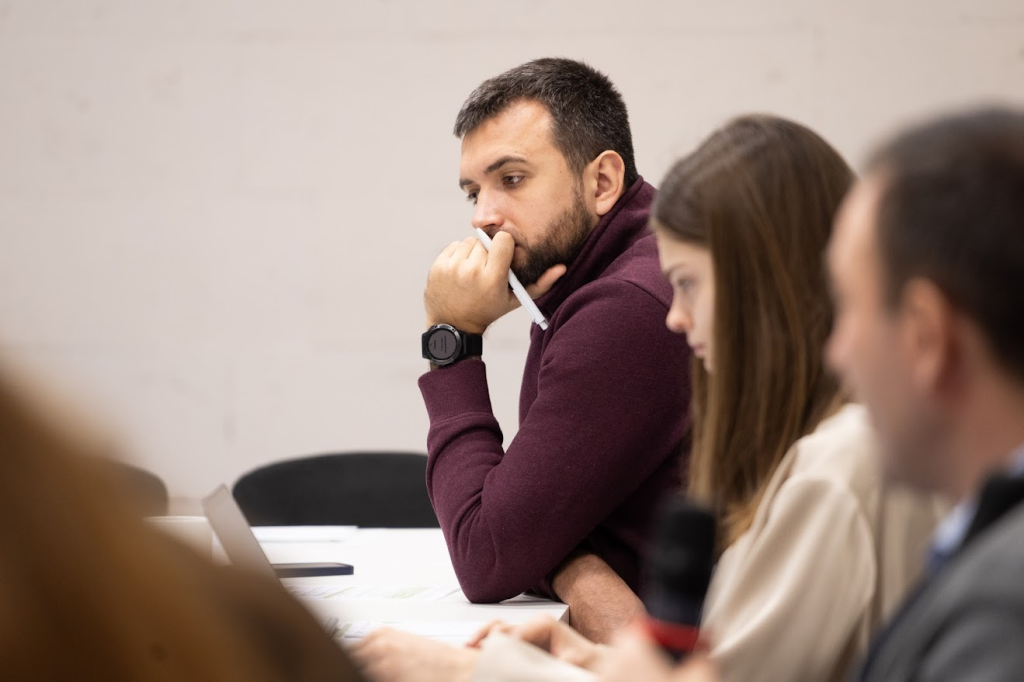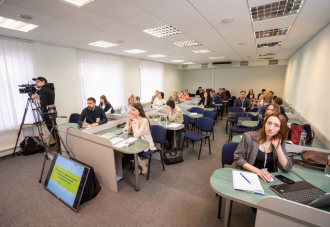On February 27, a round table was held on the topic “Introduction of the Percentage Tax Deduction Mechanism in Ukraine: State of Affairs and Prospects Under Martial Law”, which was attended by a number of leading experts and representatives of the civic sector, in particular representatives of Initiative Center to Support Social Action “Ednannia”, UCIPR, Tabletochki Charitable Foundation, Come Back Alive Charitable Foundation, Wings of Hope Charitable Foundation, National Network of Local Philanthropy Development CO, Analytical Center ‘Solid Info’.
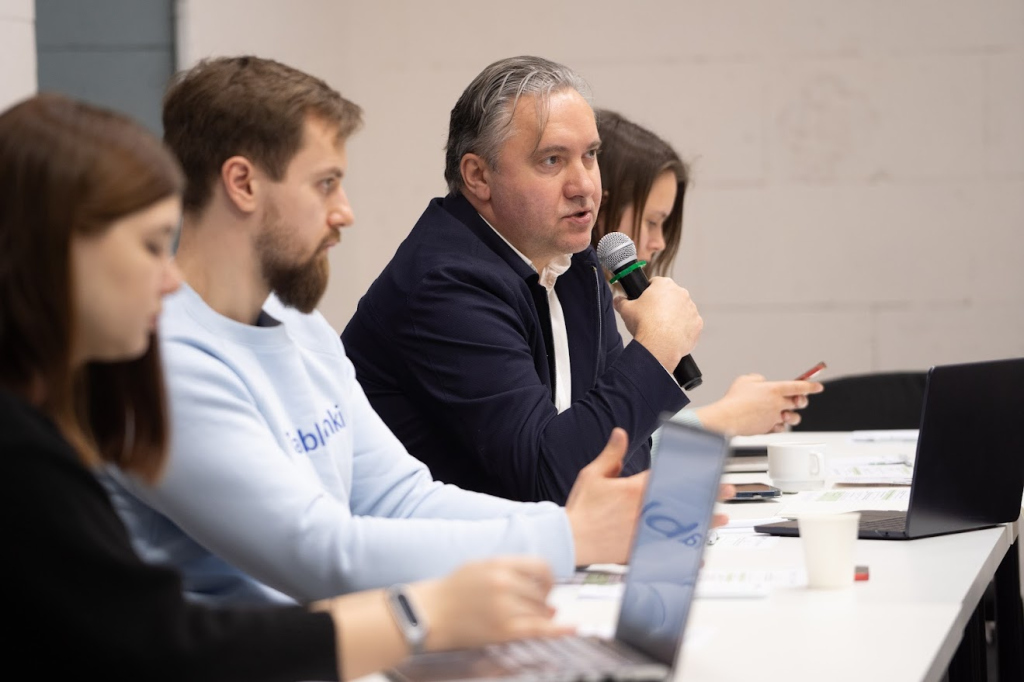
Since 2019, the Centre for Democracy and Rule of Law (CEDEM) together with the representatives of NGOs, international partners and MPs have been working on the implementation of the percentage tax deduction mechanism in Ukraine. As part of this advocacy campaign, draft laws have been developed to support the financial sustainability of non-profit organizations through the introduction of the percentage tax deduction mechanism in Ukraine. By-laws have also been developed to be adopted to implement the aforementioned laws.
The Percentage Tax Designation Mechanism is a tool by which citizens who pay personal income tax (PIT) can send a small portion of this tax to certain non-profit organizations. Find out more about the specifics of the mechanism here.
The need for sustainable support of NGOs and charitable organizations during the war, and after its completion, draw the attention of experts to the relevance of introducing the tax deduction mechanism in Ukraine. The round table initiated by CEDEM as part of the project “Ukrainian Civil Society Sectoral Support Initiative” became a platform for expert discussion on further steps to advocate for the implementation of the tax deduction mechanism in Ukraine.
The event was moderated by Anna Isichko, CEDEM Deputy Director. In her opening remarks, Anna presented CEDEM’s recent developments in the advocacy for the tax deduction mechanism, in particular the provisions of the Draft Law No. 7500 registered in the Verkhovna Rada. She also emphasized the importance of implementing the tax deduction mechanism, since, according to the latest data from leading think tanks, Ukraine is experiencing a decline in people’s ability to make charitable contributions to NGOs. The tax deduction mechanism, in turn, could ensure financial stability of organizations and help organizations to provide quality services to the population, increasing the level of trust in the non-profit sector.
The presentation of Anna Isichko’s report is available here.
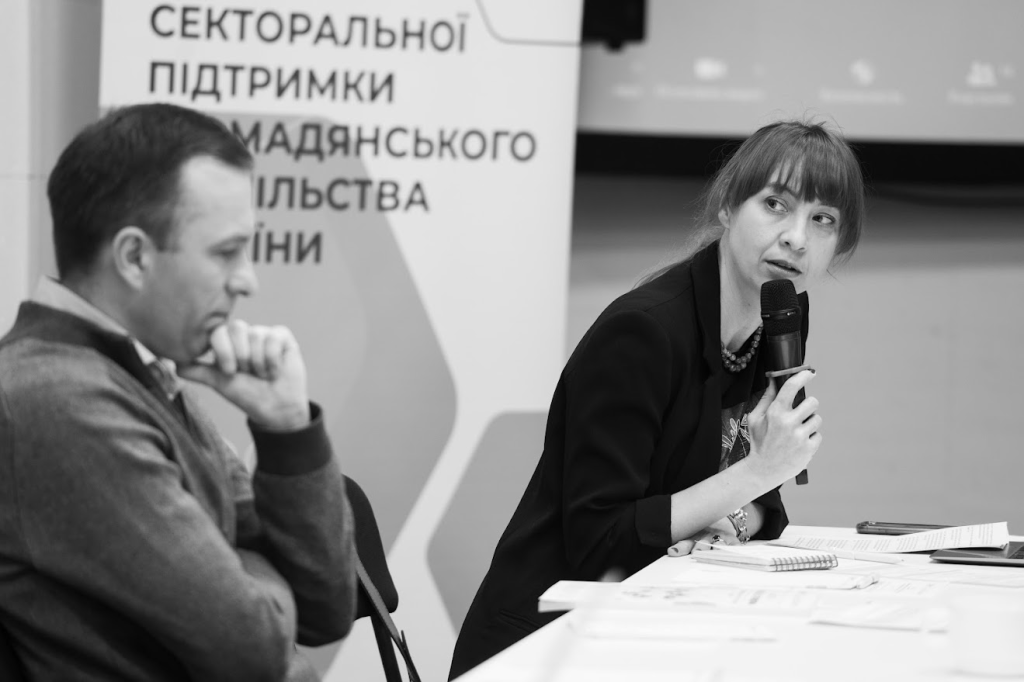
A link to the presentation of Draft Laws 7500 and 7501.
Volodymyr Sheihus, Executive Director of Initiative Center to Support Social Action “Ednannia”, noted:
“Since 2021, trust in nonprofit organizations has increased by 20%. This shows that NGOs and charitable organizations provide services to the public that people use and trust. The tax deduction mechanism is necessary for further functioning of civil society organizations, but, unfortunately, it has not yet worked in Ukraine”.
Maksym Latsyba, Head of the UCIPR Civil Society Development Program, noted that the main challenge for non-profit organizations is their financial stability, in particular the search for administrative funding to ensure the viability of organizations.
“The tax deduction mechanism is one of the systemic sources of financing. Slovakia, Poland now have this mechanism in place, and through the 2% deductions channel millions of euros to the activities of non-profit organizations. However, in this context, not only the amount of funding is important, but also how the money is used. Almost all donations are now directed by organizations to program activities, i.e. they reach the ultimate beneficiaries. However, administrative funding is necessary for the stable functioning of charitable organizations or NGOs themselves. The tax deduction mechanism can provide both,” said Maksym Latsyba.
“Many charitable organizations and NGOs in Ukraine are exhausted and losing their capacity, often do not have resources for administrative expenses, so they cut projects, close humanitarian headquarters. This is a very urgent problem,” added Nataliia Lipska, Head of the Wings of Hope Charitable Foundation.
The roundtable participants also took into account the concerns traditionally expressed by state authorities about possible problems and challenges that may arise as a result of the introduction of the tax deduction mechanism. Since the mechanism provides for insignificant (within 2%) deductions from the personal income tax (PIT) already paid by citizens, the issue of partial loss of revenues to the state budget arises. At the same time, this is a key point in understanding the usefulness of the mechanism in the approaches of countries where this mechanism has been used for many years: these funds, redirected by the state to organizations verified and registered in the relevant register, turn into a high socio-economic effect from the implemented public benefit projects. In addition, when organizations purchase goods and services to implement their activities, it happens in the Ukrainian market, so the funds work with additional economic effect.
“The state is bureaucratic and inefficient, not always able to respond quickly to today’s challenges. Civil society organizations are more flexible, they solve urgent problems quickly and effectively,” said Oleh Karpenko, Deputy Director of the Come Back Alive Charitable Foundation.
Viacheslav Bykov, Executive Director of the Tabletochki Charitable Foundation expressed the opinion that the introduction of the tax deduction mechanism is not a loss for the budget, but a way of effective use of funds on the ground. He emphasized that this mechanism is a way for citizens to actively participate in decision-making and support local development:
“It is a participatory mechanism that allows citizens to allocate funds to where they deem their use necessary. The tax deduction mechanism will make it possible to find out what the community wants and what is needed in a certain area.”
Viacheslav also noted that the introduction of such a mechanism doubles the potential of non-profit organizations in Ukraine, which is extremely important in the context of supporting the population during the war and post-war reconstruction.
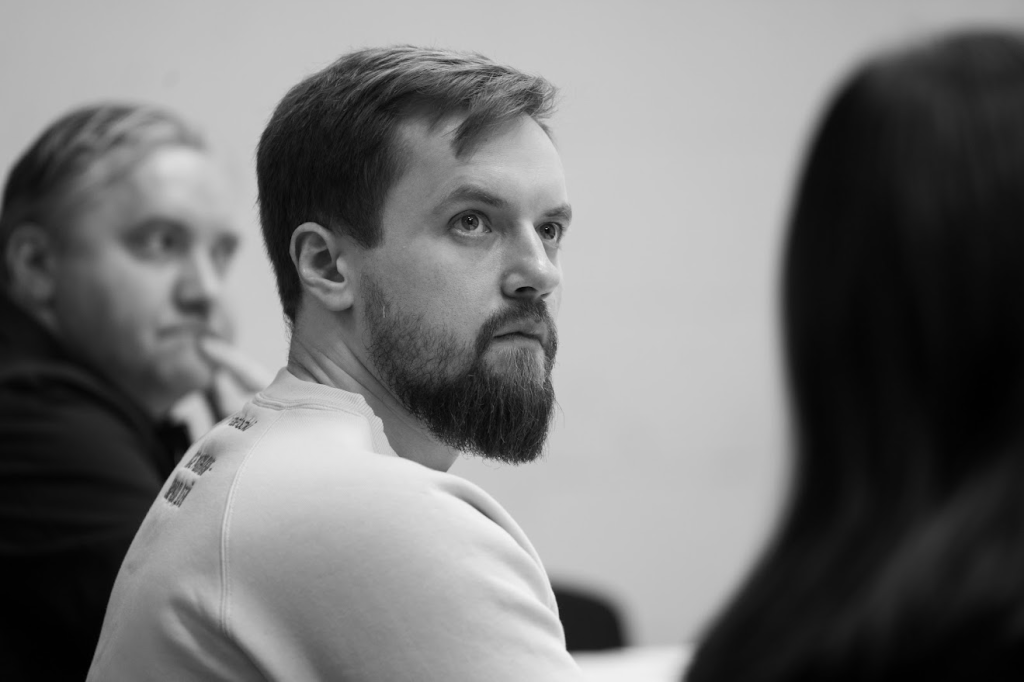
The roundtable participants discussed the prospect of introducing the mechanism under martial law and came to the conclusion that it is important to finalize the draft laws in order to include a provision to postpone the entry into force of its provisions for a period of several years after the termination of martial law, and to think through a strategy for further support of Draft Law 7500. An important constraint on the immediate implementation of this mechanism is the obvious priority of the allocation of budgetary resources for national defense. Consequently, any solutions proposed by civil society should be consistent with this primary goal of strengthening defense capabilities and directing all available resources to repel the enemy. In general, the very concept of extending the tax deductions mechanism to public associations and charitable organizations that channel their efforts to this very purpose is logical and justified against the background of the enormous amounts of assistance they provide.
This material was prepared as part of the Project Ukraine Civil Society Sectoral Support Activity implemented by the Initiative Center to Support Social Action “Ednannia” in partnership with the Ukrainian Center for Independent Political Research (UCIPR) and Centre for Democracy and Rule of Law (CEDEM) with the sincere support of the American people through United States Agency for International Development.
